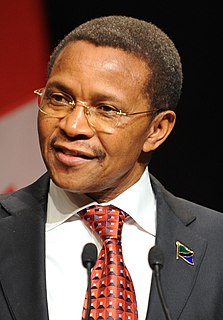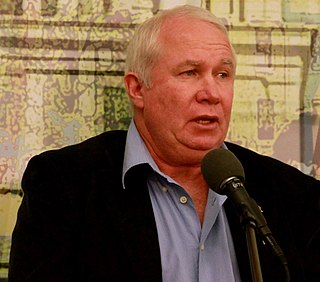A Quote by Robert C. O'Brien
China's rapid inroads into Africa are made possible by a combination of Chinese money and a willingness by Beijing to deal with some of the world's most unsavory leaders and human rights abusers like Robert Mugabe in Zimbabwe and Omar Hassan Ahmad al-Bashir in the Sudan.
Related Quotes
There's a belief that since Africa got a raw deal from the colonial West, then the Chinese must be Africa's best friend. But the evidence doesn't show that, and the main criticism is that they are building infrastructure in exchange for Africa's resources in deals that are structured to favor China.
China had never had to deal in a world of countries of approximately equal strength, and so to adjust to such a world, is in itself a profound challenge to China, which now has fourteen countries on its borders, some of which are small, but can project their nationality into China, some of which are large, and historically significant, so that any attempt by Chinese to dominate the world, would involve in a disastrous for the peace of the world.
What makes a good follower? The single most important characteristic may well be a willingness to tell the truth. In a world of growing complexity leaders are increasingly dependent on their subordinates for good information, whether the leaders want to hear it or not. Followers who tell the truth and leaders who listen to it are an unbeatable combination.
For decades, Robert Mugabe has thumbed his nose at the world. The long-time dictator has ruled Zimbabwe with an iron fist, repeatedly insulted foreign dignitaries, ignored regional and international agreements to which he was a signatory, and isolated the country from any legitimate international economic or political engagement.
My grandfather was originally from the south of China before he emigrated to Malaysia pre-World War II. And I wanted to learn more about the history of the country of my ancestors. I knew I wanted a narrative set in contemporary Beijing. I was really interested in the effect of the rapid social and economic change on ordinary citizens in China.
The biggest novelty of 2013 will be new leadership in China. Very little is known about the views of the new leaders - who will rule the country for ten years. But we do know they're the first generation of Chinese leaders who have spent the majority of their lives in a China 'opening up' to the rest of the world.
In most of the world, we have only small remnants of the wildlife that once existed. Africa has the most astonishing wildlife still. Now Africa is modernizing. In the next twenty years, Africa is modernizing economically, and one of two things is going to happen. Either Africa will be just like the rest of the world and it's say goodbye to wildlife. Or, we can learn from the mistakes made in the rest of the world.



































